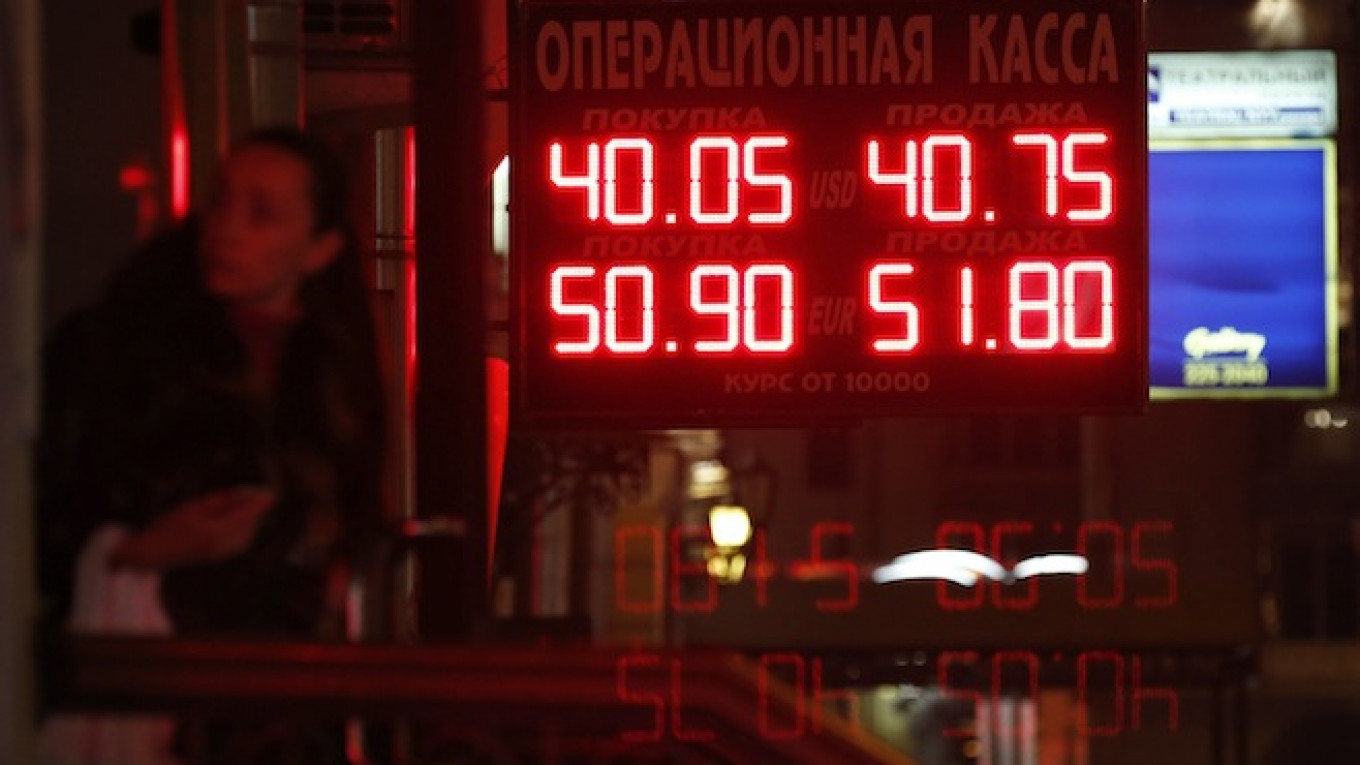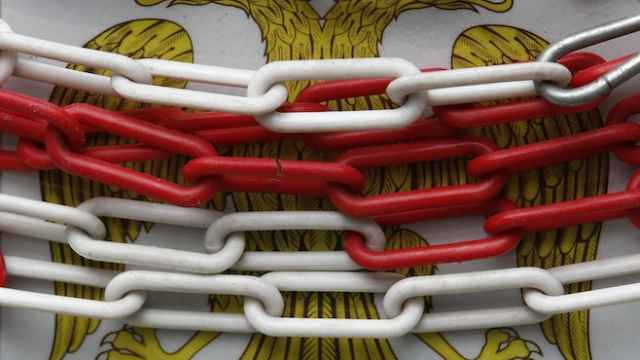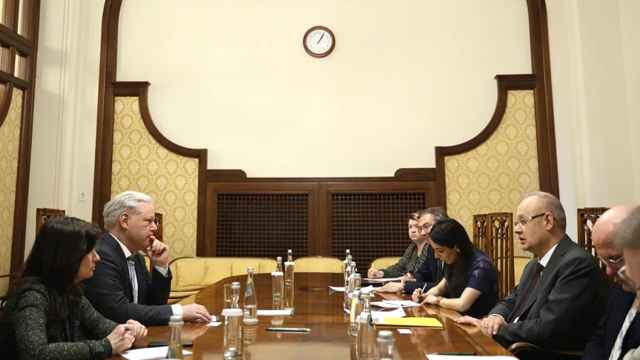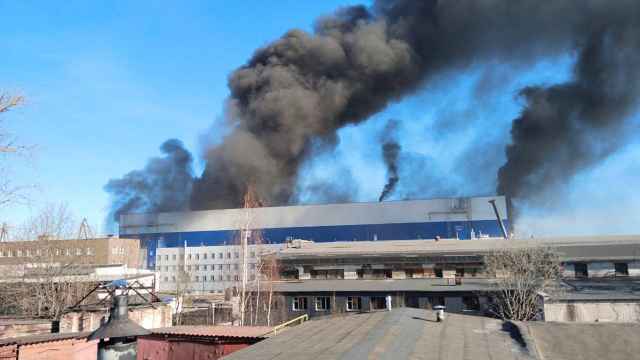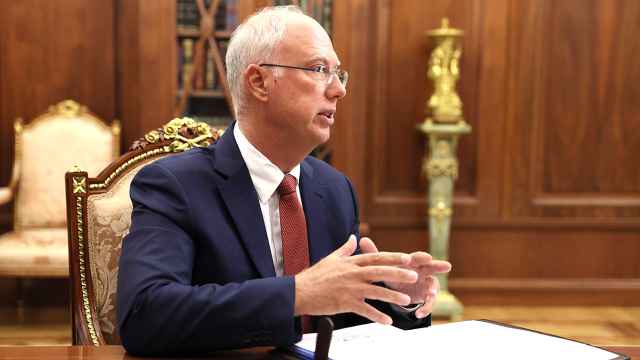Russia is on course to freely float the ruble from next year, the Central Bank's governor said, but she defended the bank's policy of intervening to support the currency as it skidded to record lows in the past week.
Elvira Nabiullina told lawmakers in Russia's lower house of parliament that the Central Bank had spent around $6 billion defending the ruble in the past 10 days. But she said the situation on the currency market was under control.
"At this moment, we are supporting the ruble rate, we are selling currency from reserves," Nabiullina said in the State Duma. "In the past 10 days we have sold about $6 billion."
The ruble has weakened around 18 percent against the dollar so far this year, hit by falling oil prices, risk aversion to Russian assets due to Western sanctions over the Ukraine crisis and demand for dollars from Russian firms shut out of international capital markets.
In March the Central Bank sold some $25 billion worth of foreign currency to support the ruble.
It has since relaxed its intervention rules to widen the ruble's trading "corridor" of rates against a basket of currencies and reduce the amount it spends before shifting the boundaries of the corridor.
Nabiullina reiterated that the Central Bank will let the ruble float freely from Jan. 1, scrapping the trading corridor as part of a long-term policy shift, although it will still intervene if risks to financial stability emerge.
Russia had gold and foreign exchange reserves of $454.7 billion as of the beginning of October.
Some statist economists, including an economic adviser to President Vladimir Putin, Sergei Glazyev, have called recently for keeping the ruble under tight control.
But other economists welcomed Nabiullina's message.
"In the current situation it is paramount that the Central Bank adheres to its pre-announced policy," said Oleg Kouzmin, an economist at Renaissance Capital bank. "This is the best they can do, so it was good to hear the confirmation."
On Monday afternoon, the ruble was down 0.23 percent against the dollar at 40.42 from Friday's close and touched a new all-time low against the euro of over 51.20 rubles per euro.
Long-Term Shift
Nabiullina said that even when the ruble starts floating next year the Central Bank will keep intervening in the currency market if risks to financial stability emerge.
"For now (the ruble) is not freely floating, but it is influenced by market factors, including oil prices," Nabiullina said. "Having said that, in our opinion fixing the exchange rate is a counterproductive decision, since this will contradict market factors which we can't control."
The Central Bank's stated goal is to shift away from a policy of supporting the ruble to place greater emphasis on bringing down stubbornly high inflation.
As part of this shift, the bank will abandon its automatic interventions at the edges of the ruble's trading band against a dollar-euro basket but will still step in to defend the ruble when it sees fit.
The bank currently shifts the currency's trading band by 5 kopecks once it has spent $350 million defending the currency, down from a level of $1.5 billion which it spent to shift the band earlier in the year due to market turbulence over Ukraine.
"I don't think the shift to a free float will seriously change anything," Kouzmin at Renaissance Capital said.
"The exchange rate is already rather flexible, ... the corridor is very wide and therefore doesn't restrain the ruble very much," he said. "If the ruble will weaken as quickly as it is doing now, ... (the bank) will also step in with moderate interventions."
A Message from The Moscow Times:
Dear readers,
We are facing unprecedented challenges. Russia's Prosecutor General's Office has designated The Moscow Times as an "undesirable" organization, criminalizing our work and putting our staff at risk of prosecution. This follows our earlier unjust labeling as a "foreign agent."
These actions are direct attempts to silence independent journalism in Russia. The authorities claim our work "discredits the decisions of the Russian leadership." We see things differently: we strive to provide accurate, unbiased reporting on Russia.
We, the journalists of The Moscow Times, refuse to be silenced. But to continue our work, we need your help.
Your support, no matter how small, makes a world of difference. If you can, please support us monthly starting from just $2. It's quick to set up, and every contribution makes a significant impact.
By supporting The Moscow Times, you're defending open, independent journalism in the face of repression. Thank you for standing with us.
Remind me later.


